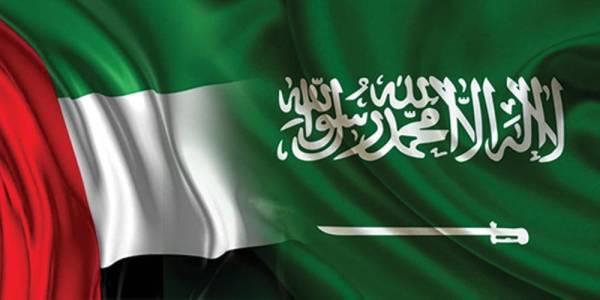The end of the honeymoon of the UAE and Saudi Arabia.
The fundamental problem of the GCC is that the issue of security was a glue that once bound the collective interests of all members of the council, but this glue is now ineffective.
An American media outlet has said in its analysis of the honeymoon of Saudi Arabia and the UAE, a series of tensions have emerged between Riyadh and Abu Dhabi.
“Foreign Policy” states that the relations between Saudi Arabia and the United Arab Emirates, which were once strong, are now deteriorating and in the past year, and especially in recent weeks, there have been divergences in the relations between the two sides.
The long list of differences between the two countries includes issues such as the war in Yemen, the pace of reconciliation with Qatar after three and a half years of tension, the normalization of relations with Israel and the Ibrahim Agreement, relations with Turkey, OPEC production share, strategies for Iran and foreign trade. It becomes.
Foreign policy writes that the scope of the dispute, of course, is not limited to Saudi Arabia and the UAE, and includes all six member states of the Gulf Cooperation Council. The sooner countries outside the circle become aware of these changes, the better they will be able to manage their relations with the whole region.
The media further explained that, of course, tensions between Riyadh and Abu Dhabi are not new. “In fact, tensions between Riyadh and Abu Dhabi are not new,” writes Foreign Policy. “These tensions were a feature of the Gulf Cooperation Council’s volatile policies decades before the 2011 Arab uprisings.”
Foreign Policy stated that the member states of the Cooperation Council, however, ignored these differences due to their common concerns about Iran. “The resumption of these challenges is a reminder of the fact that competition between the Gulf states has been going on in the GCC for a long time,” the media outlet continued.
The change of the leaders of the Arab countries and the emergence of a new generation of statesmen in these countries also play a role in the formation of new dynamics in the relations between these countries. It is no coincidence that the new political developments coincided with the generational change in the leaders of these countries, Foreign Policy wrote.
The death of King Abdullah in Saudi Arabia (2015), Sultan Qaboos in Oman (2020) and Sheikh Sabah in Kuwait (2020) and the emergence of lesser and older leaders in the political arena, including Muhammad ibn Salman in Saudi Arabia, Sultan Haytham in Oman, and “Tamim bin Hamad” in Qatar has caused a generational change in the leaders of these countries.
But it was the 2011 uprisings that marked a turning point in relations between the GCC countries. The domino effect of the protests, which began in Bahrain, prompted Gulf states to work more closely together to counter what they saw as a common threat to regional order.
Foreign policy The writing of tanks on the streets in 2011 by the Al Khalifa regime in March 2011 was a clear sign that neither Saudi Arabia nor the UAE would allow an uprising in their neighboring country.
These events were the beginning of closer cooperation between the UAE and Saudi Arabia, which later showed itself more in Syria and Yemen, and in 2017 turned to Qatar.









